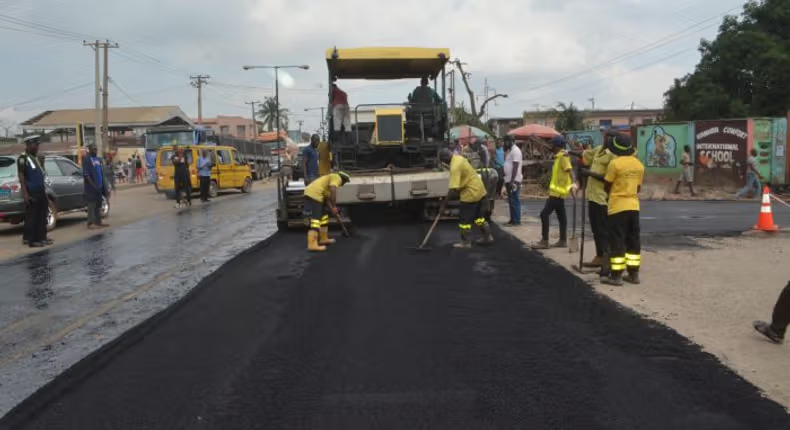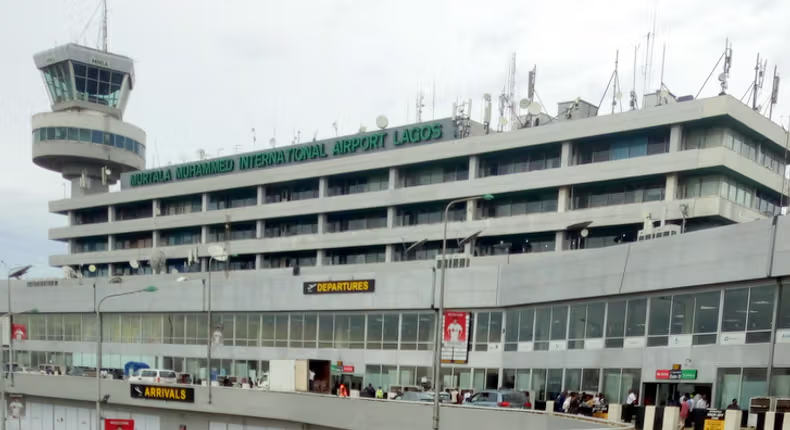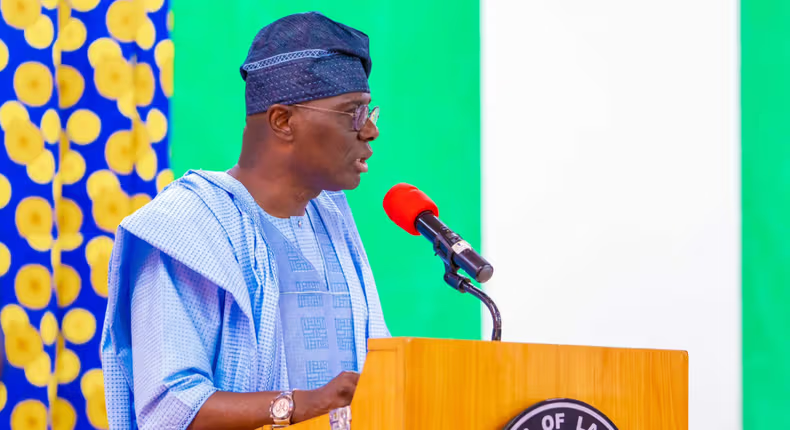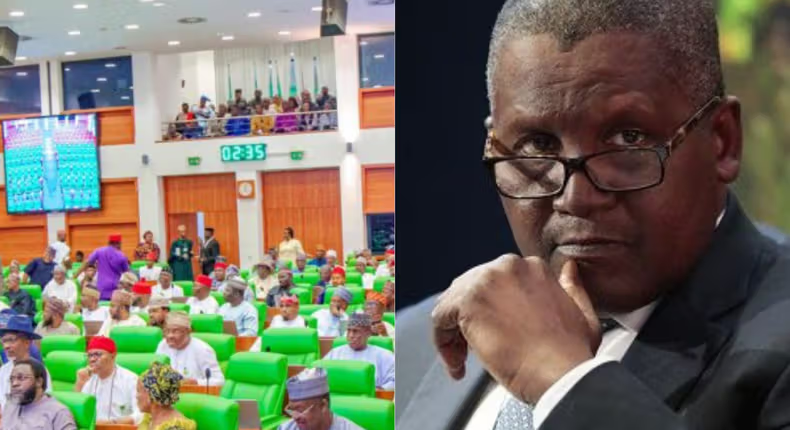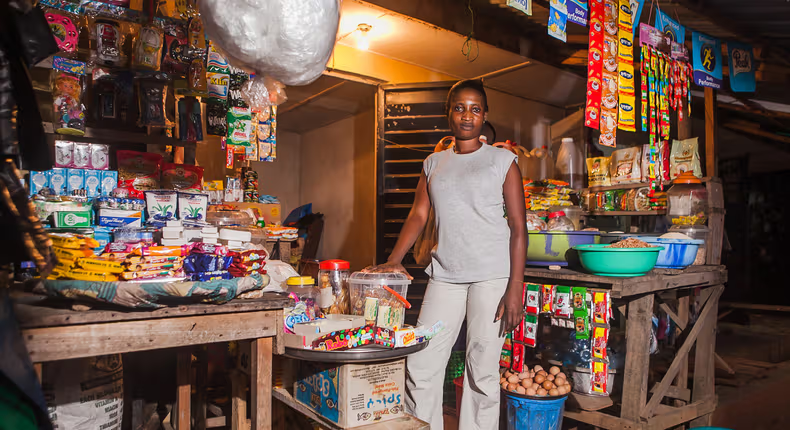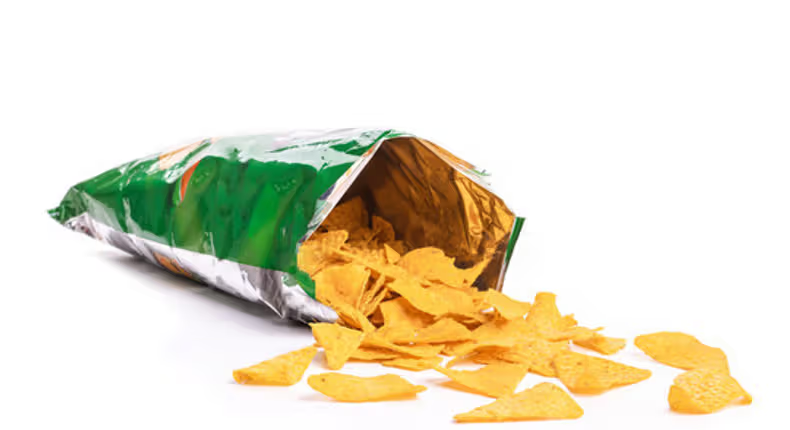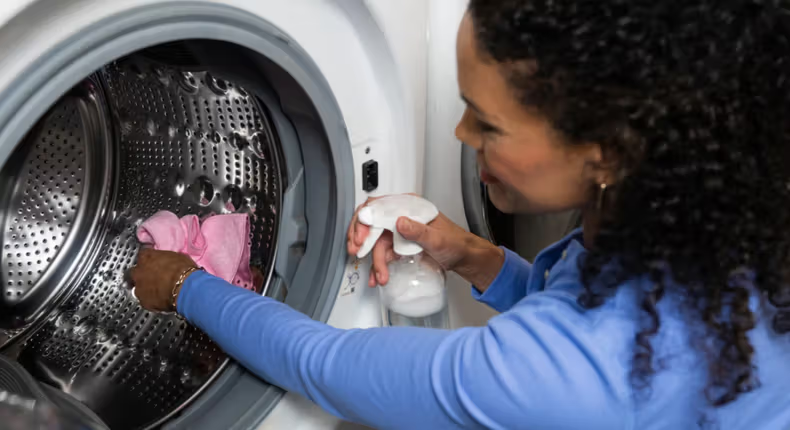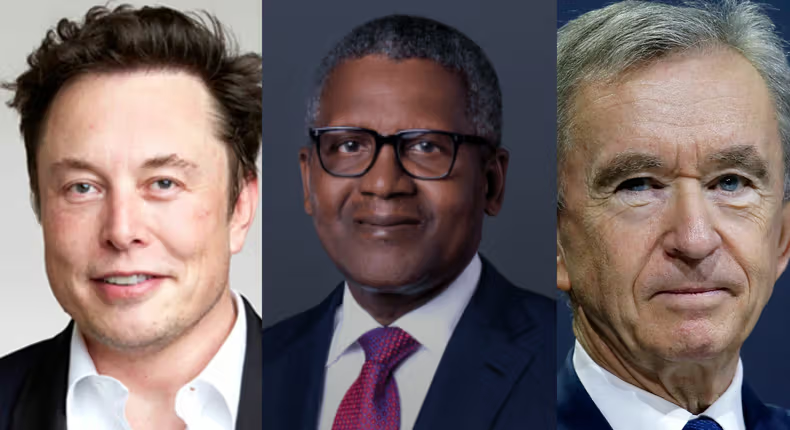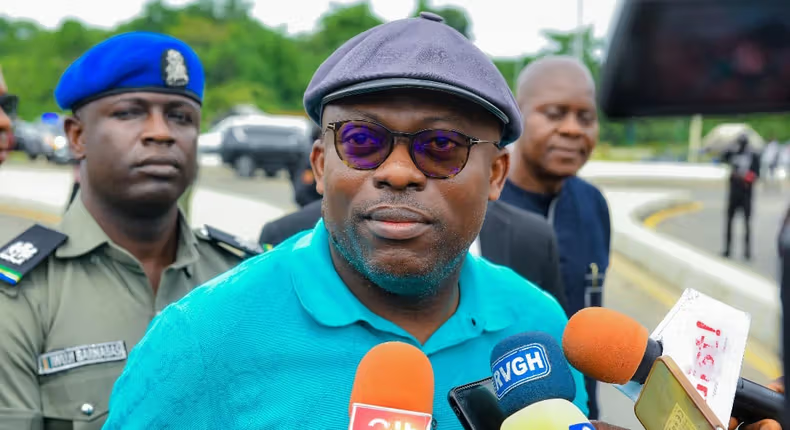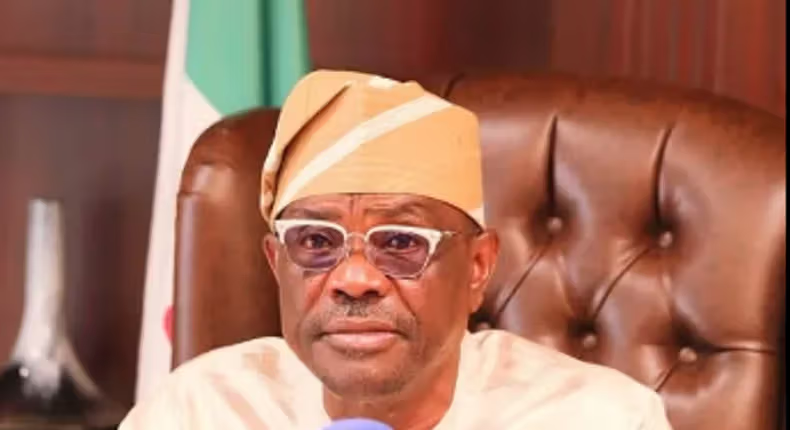Health workers in Kaduna State have suspended their five-day warning strike following fruitful negotiations with the state government, resulting in the signing of a Memorandum of Understanding (MOU). This development was announced in a communique issued by Nassa Yashi, the State Secretary of the National Association of Nigerian Nurses and Midwives (NANNM), on Wednesday.
Key points from the communique include:
1. **Negotiations and MOU Signing**: The health workers engaged in meaningful discussions with the government, leading to the signing of an MOU aimed at addressing their demands for improved welfare.
2. **Reason for Suspension**: The strike has been suspended to create an atmosphere for further negotiations and to allow the government time to fulfill its commitments under the MOU.
3. **Resumption of Duty**: Workers are expected to resume their normal duties immediately following the suspension of the strike.
4. **Appreciation and Readiness**: The State Administrative Council (SAC) expressed appreciation for the support and determination shown by the health workers during the struggle. Yashi reiterated the readiness of the health workers’ representatives to advocate for their members’ interests without compromise.
5. **Conditional Suspension**: The suspension of the strike is conditional on the government fulfilling its promises as outlined in the MOU. Should there be a failure to meet these commitments, the health workers reserve the right to resume their industrial action at an appropriate time.
Overall, the resolution marks a temporary cessation of the strike action as both parties work towards implementing the agreements reached in the MOU for the benefit of health workers in Kaduna State.


